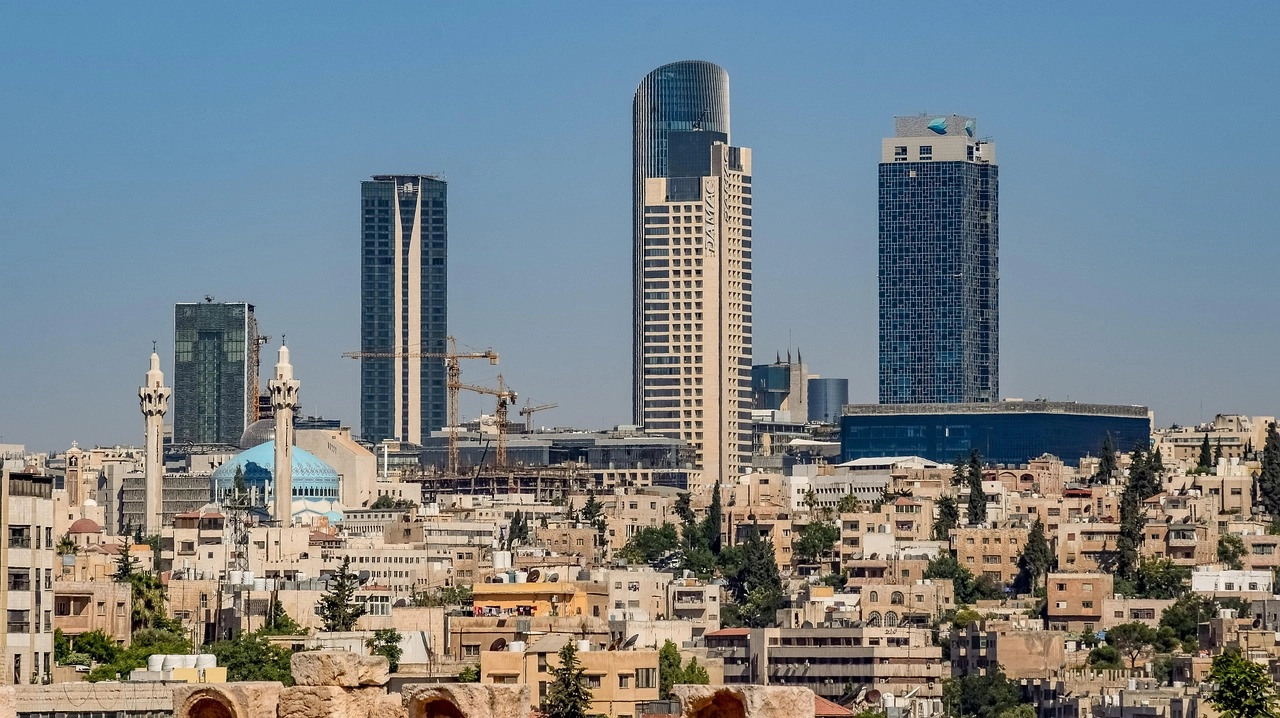Investment climate in Jordan
Jordan stands out as an oasis of political and economic stability in the Middle East, making it an outstanding location for investment and business.

2025/2/4
76








